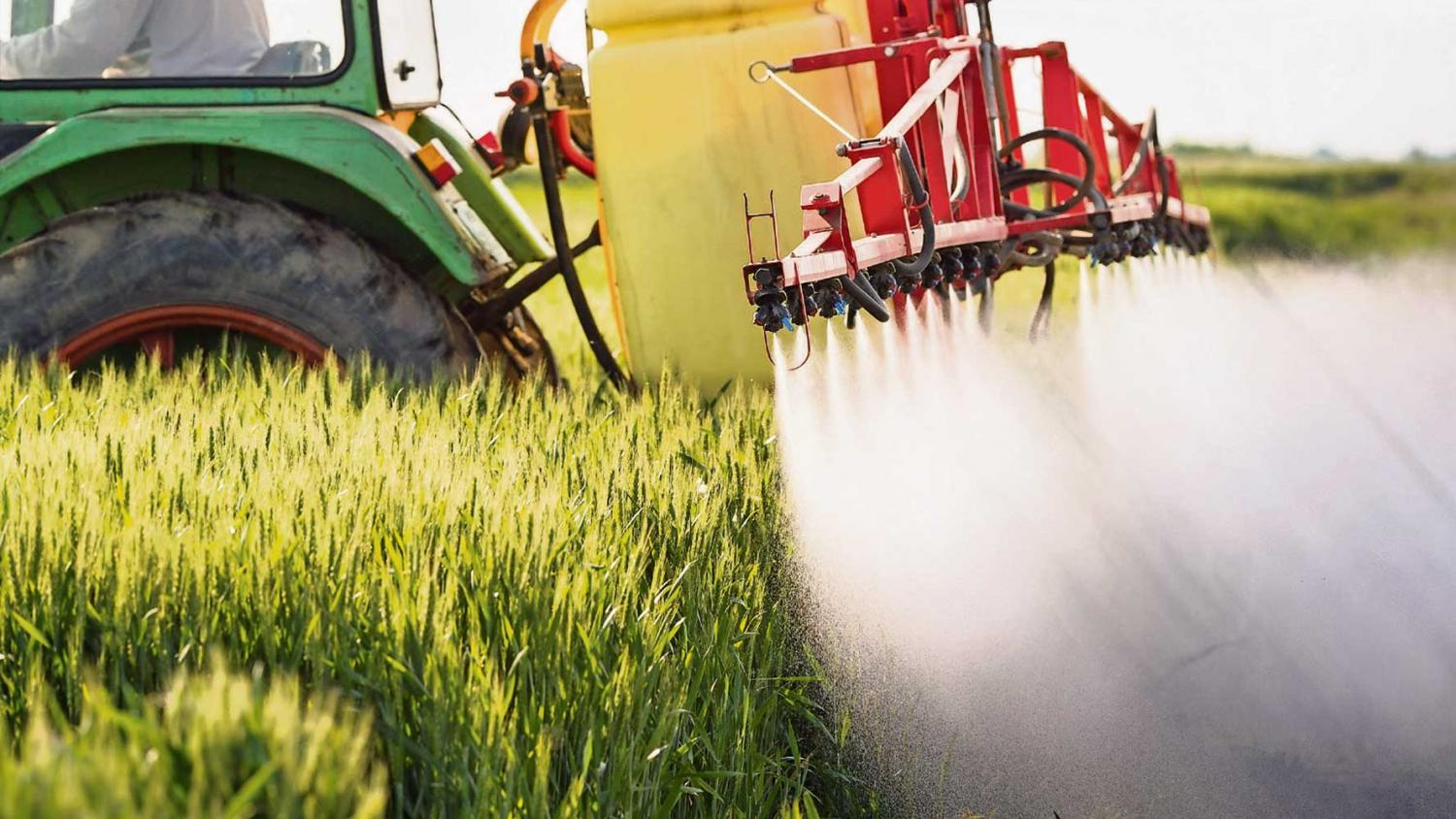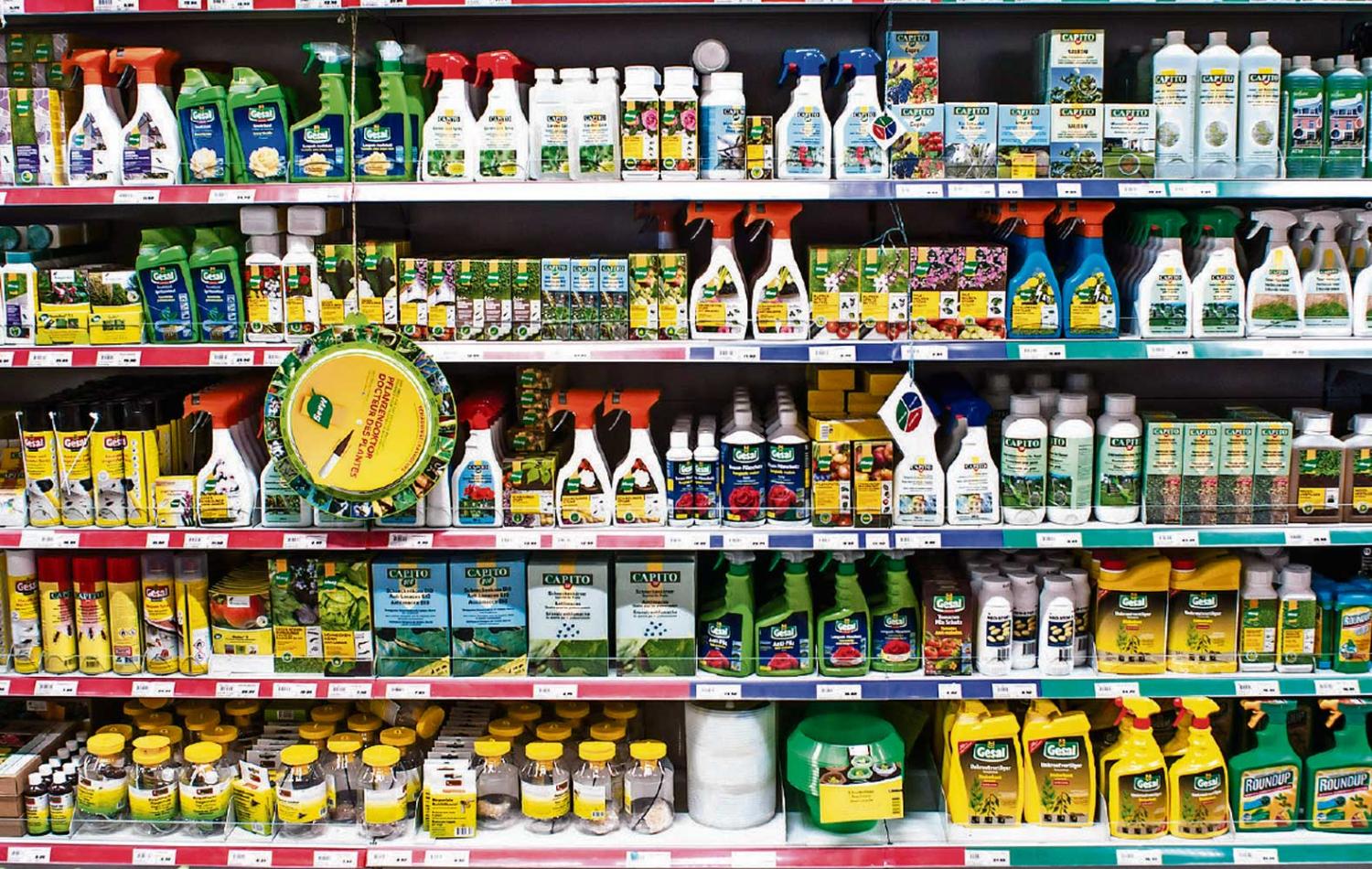Good groundwater quality in the Saanenland
06.02.2020 Gstaad LivingThis isn’t only due to nitrate and pesticide residues from agriculture that affect the quality of groundwater. Another reason is the use of artificial, long-term substances from industry, businesses and households that seep into the groundwater. Despite this, the Saanenland still enjoys outstanding water quality.
With around 600 measuring points throughout Switzerland, Naqua, regularly carries out tests. The water report recently published by the Federal Office for the Environment (Bafu) shows that affects on groundwater resources are particularly severe in the heavily agricultural and densely populated Mittelland area.
In addition, even dry periods can lead to a scarcity of drinking water. Since groundwater reserves are only replenished very slowly, the water can still contain persistant substances that were banned many years ago. They include the herbicide Atrazine, which was de-authorised in 2007, according to the report.
Naqua monitoring stations in the Saanenland show that the region’s groundwater has been slightly affected but that levels are below the threshold. Basically, the water quality in the Bernese Oberland is good – and in Saanenland, it is even better.
Pesticide sales are in decline
Many pesticides that are used in the Saanenland are available in the Landi. In general, both concentrates and ready-to-use mixtures are available. Therefore caution is necessary when comparing quantities, explains Mario Cairoli, managing director of the Landi Simmental-Saanenland.
“Sales of synthetic pesticides are in decline. On the other hand, there is an increasing supply and demand for organic products,” says Cairoli. The commonly-known and highly controversial pesticide Glyphosate, found in products like Round-Up, has not been available in retail to the public since 2016.
Agriculture alone isn’t to blame
Often, when the public talk about poor groundwater quality, they lay the blame on agriculture. However, farmers defend themselves. Jörg Gander, a farmer from Feutersoey, admits that he regularly uses three crop protection products in his dairy and Alpine farming business and for rearing young cattle. “We use Picobello to kill off thistles. We also use Simplex for bitter dock and Harmony SX extensively every two to three years in late summer, treating a maximum of one hectare a time.”
He cites three reasons for this: First, his cows need good, weed-free grazing. Second, without crop protection products, in a few years’ time, there would be nothing but weeds in the fields and no more grass. Third, the are belonging to his farm is too large to simply pull up weeds, a task that would leave no time for anything else.
Gander appeals to people to be cautious when dealing with pesticides and emphasises that the information provided by the manufacturer should be followed to the letter. This includes maintaining the right distance from watercourses, ensuring the precise ratio between the concentrate and water, as well as sticking to vegetation growth times. He is convinced that working strictly according to guidelines will prevent any harm to the environment. “After all, we are responsible for nature and want to leave the land behind in a healthy state for our children.”
Without chemicals
“We manage our farm according to Bio-Swiss guidelines and do not use any toxic chemicals,” says Christoph Bach from Turbach, organic farmer and president of the Saanenland Agricultural Association. He runs a dairy farm and an Alpine farm and admits that weed control is actually very intense. The additional food he needs to buy is expensive too.
He believes that agriculture is neither innocent nor the main culprit for poor groundwater. “Water samples in Switzerland are good,” he reminds us. In this context, he also states that there are other ways that groundwater can be polluted: private allotment owners and gardeners, industrial chemicals, cleaning agents, drug residues and railway companies when keeping track ballast weed-free.
Organic on the label, toxic inside
Caution is advised when buying pesticides. Not all products are organic despite this claim, which is clear when buying products at Landi with the organic label. For example, Sanoplant Bio Maag. There are four hazard warnings for this product. Is it organic or not?
Cairoli points out that every consumer needs to be made aware of what they are buying in store and should read the packaging details. He notes: “In Switzerland, pesticides are only sold after passing a strict approval process. It is important that these products are used properly.”
Consider the alternatives
Environmentally friendly products and procedures exist, says Cairoli. Different measures are required according to the crop, the weather or pests. To avoid weeds, we could, for example, use weed mats, miscanthus or bark mulch from Swiss production.
Also, there are methods for fighting pests by using microscopic roundworms that penetrate the maggots, reproduce and then fight the pest, without endangering other insects. For example, this works when fighting the vine weevil, the fungus mosquito or the garden chafer. On the other hand, the animals that feed on these insects miss out.
The same is true for plants in that are Effective Microorganisms (EM). Soils treated with EM have a sustainable water balance, which can reduce erosion, according to EM Switzerland. Likewise, the plants that grow from these soils are productive, pest- and disease-resistant and rich in vitamins.
Based on AvS/Kerem S. Maurer
Translated by Justine Hewson





